Back to Courses

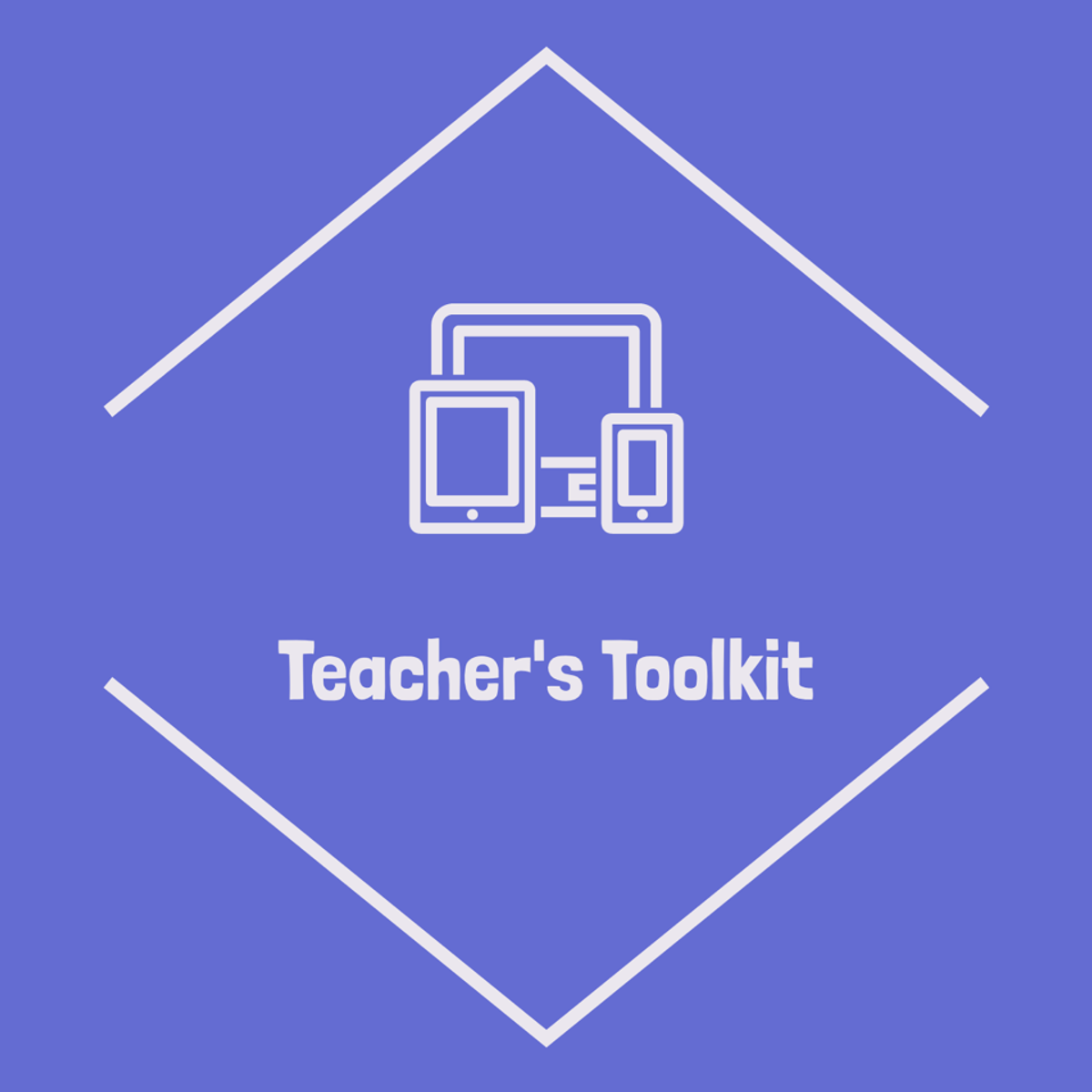
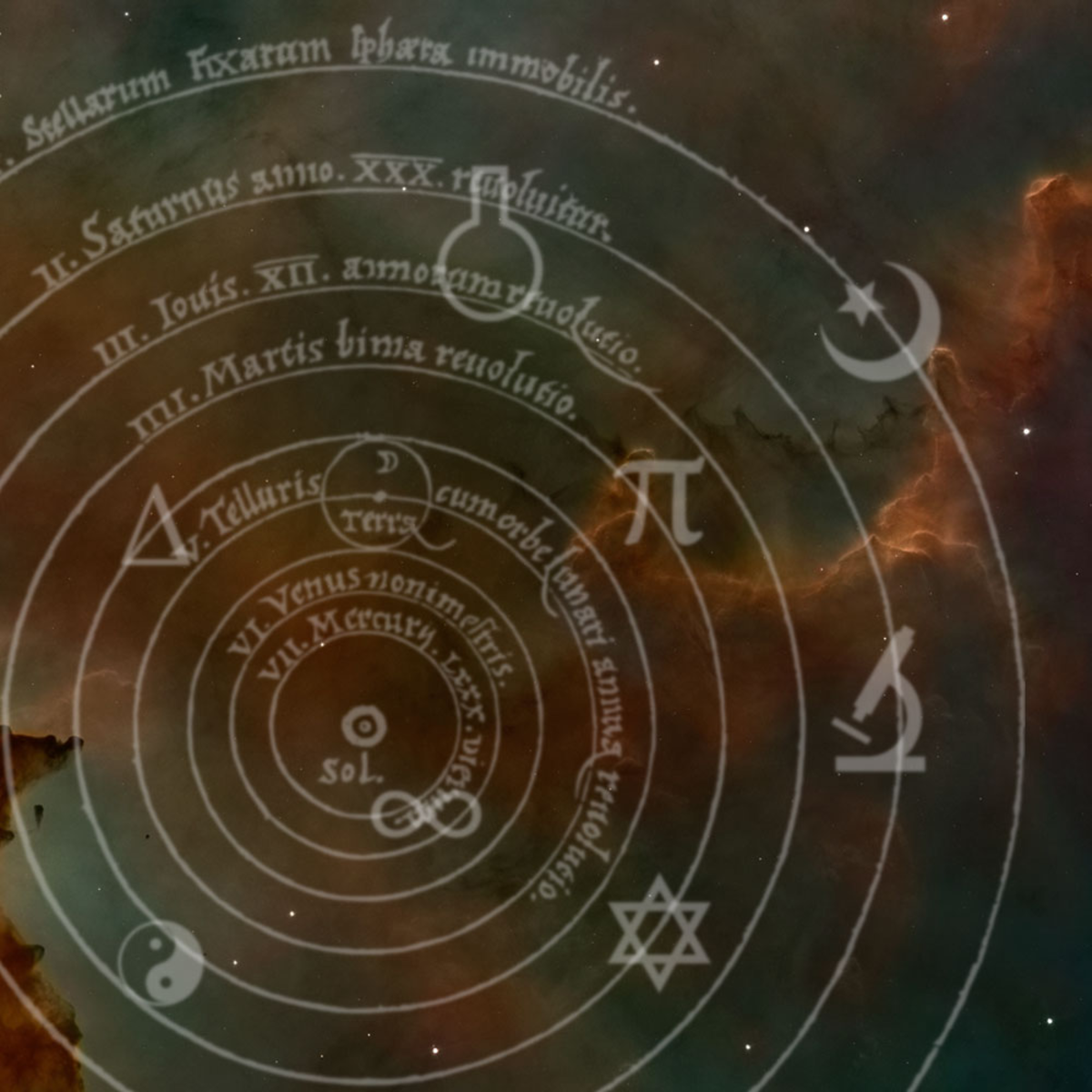
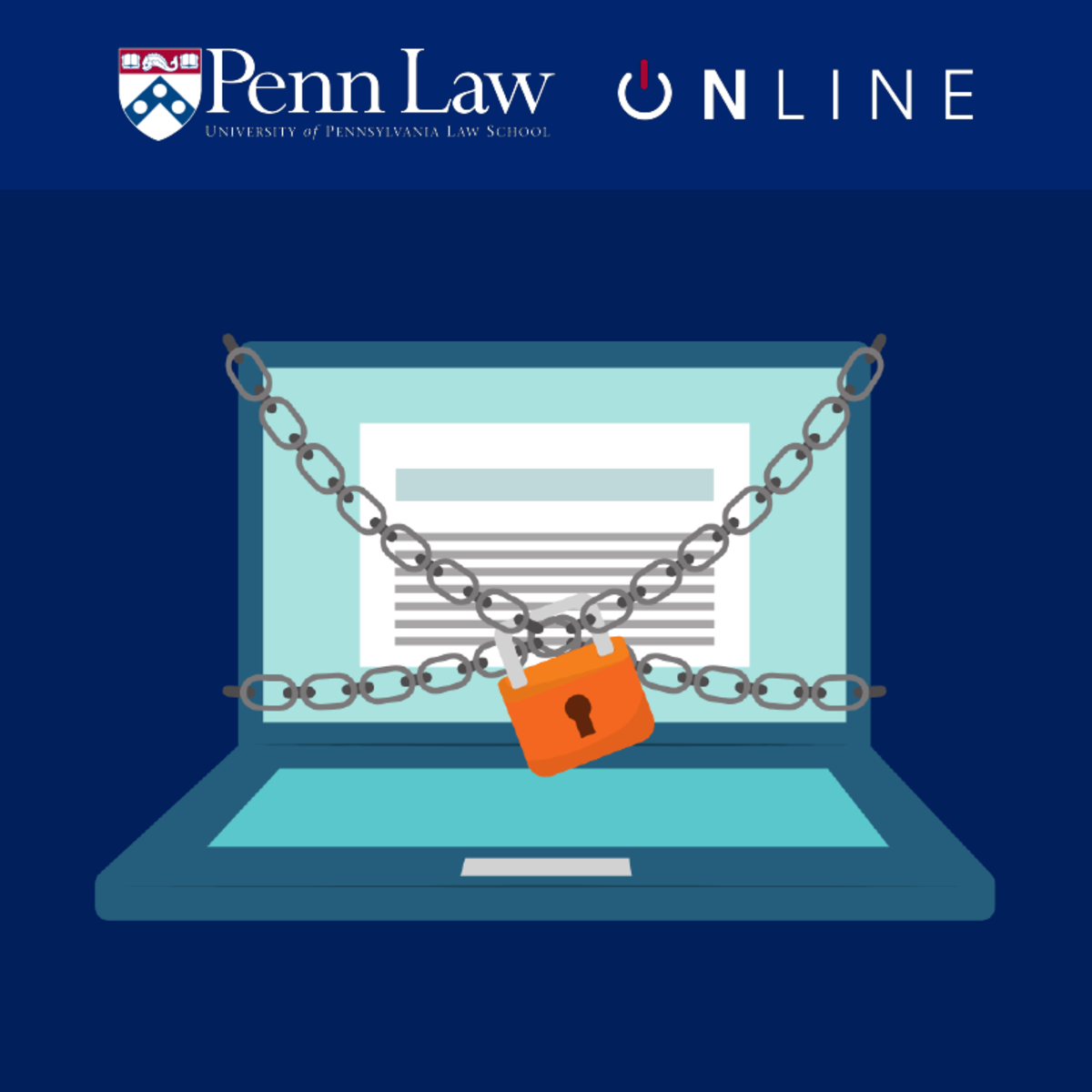
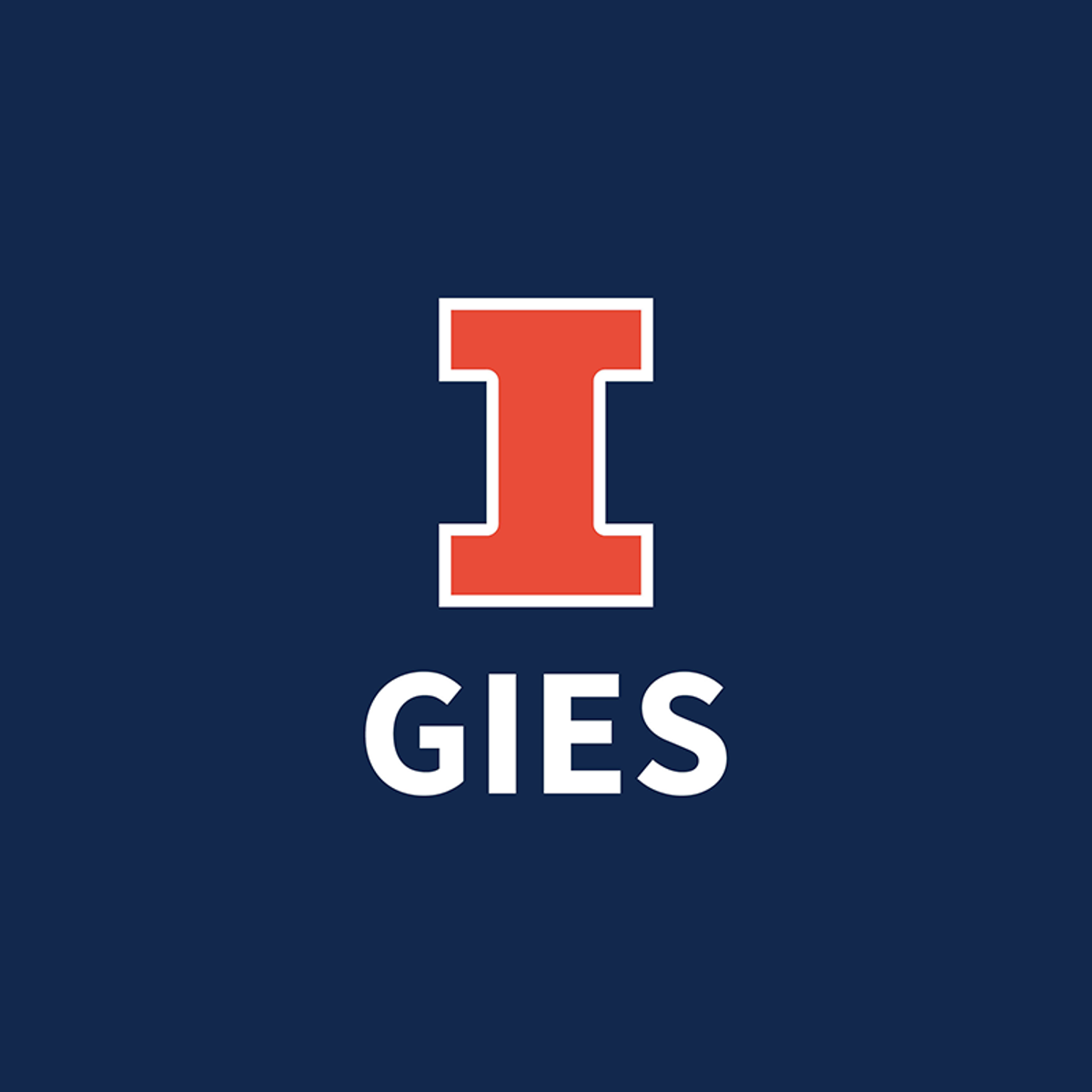
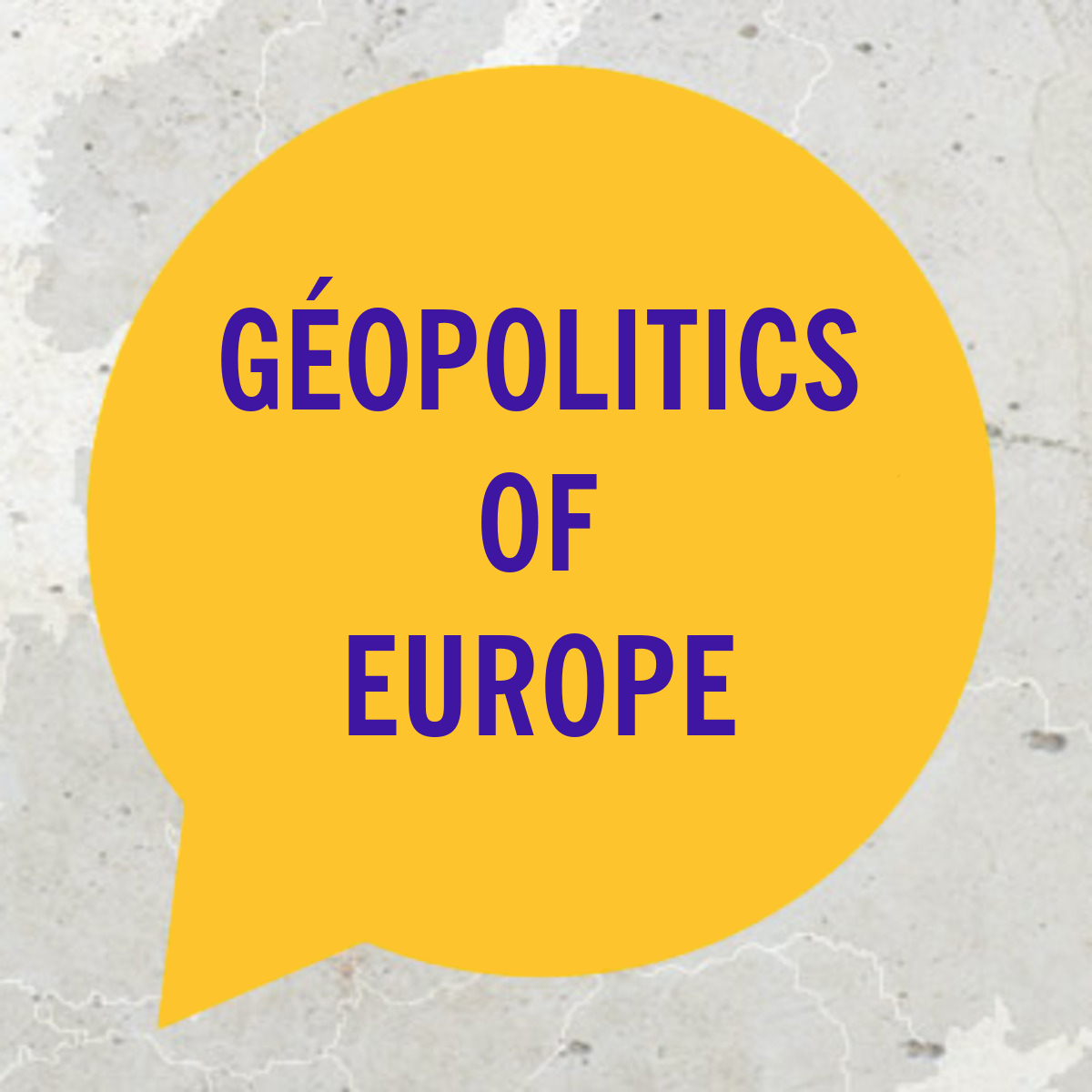

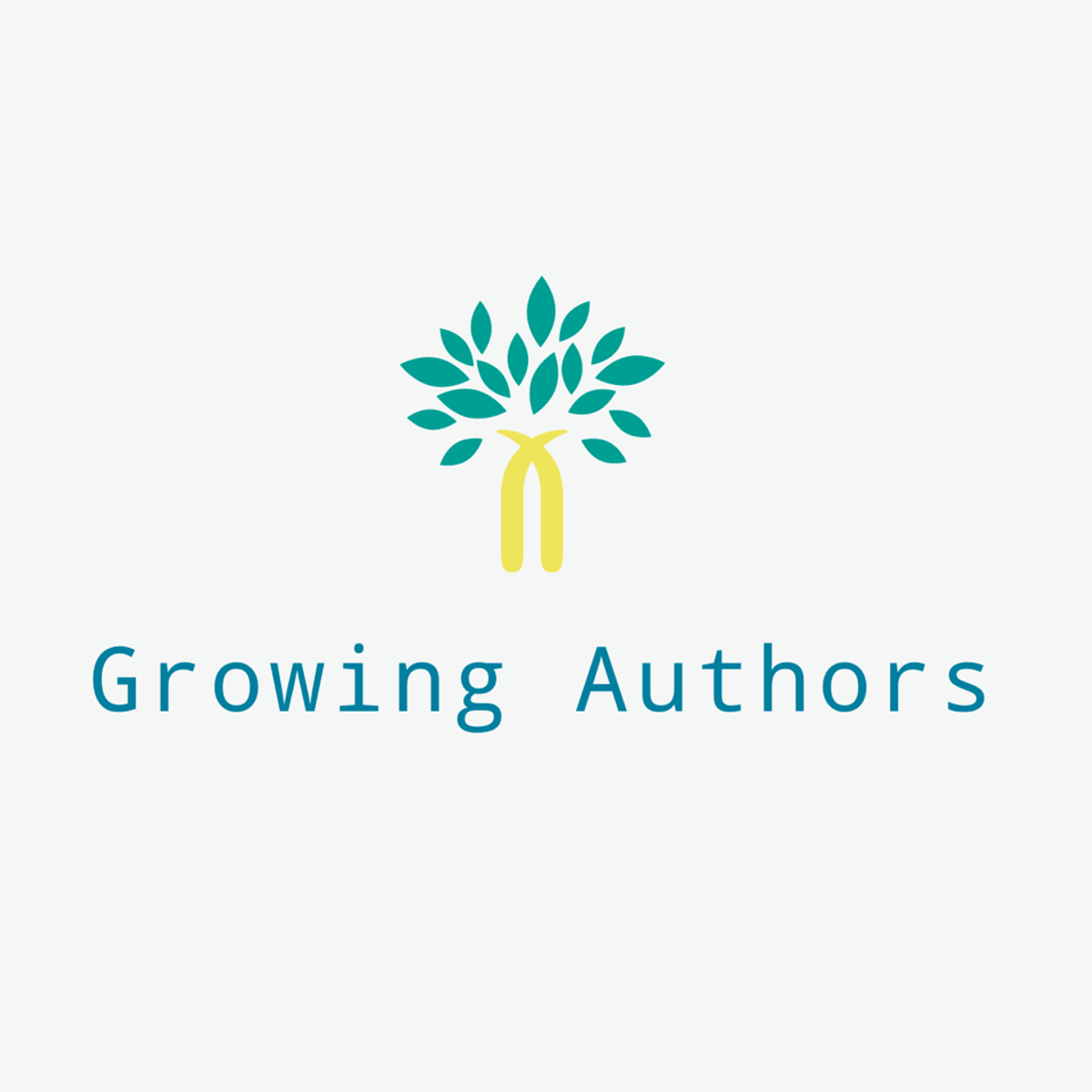

Social Sciences Courses - Page 44
Showing results 431-440 of 672

Foundations of Virtual Instruction
Welcome to Foundations of Virtual Instruction! This course will help you 'up' your game and develop the advanced skills and techniques that elude even some of the most experienced virtual teachers in the K-12 space. Examine pitfalls and learn how to overcome them by focusing on the fundamentals that have the most significant impact on student learning in a blended or online environment. When you complete this course, you will be able to:
• Craft virtual learning experiences that align with your student's needs.
• Set up a learning environment to get to know your students, and they get to know each other.
• Use a variety of online tools to provide feedback and personalize the learning experience.
• Identify at-risk students and employ effective strategies for teaching them.
• Compare and contrast online and face-to-face learning communities.
• Apply strategies to make virtual courses more human.
Aboriginal Worldviews and Education
Intended for both Aboriginal and non-Aboriginal learners, this course will explore indigenous ways of knowing and how they can benefit all students. Topics include historical, social, and political issues in Aboriginal education; terminology; cultural, spiritual and philosophical themes in Aboriginal worldviews; and how Aboriginal worldviews can inform professional programs and practices, including but not limited to the field of education.

Visualizing and Collaborating with Popplet
By the end of this project, you will be able to use Popplet as a teaching and learning tool with your students. Popplet allows users to create colourful graphic organizers complete with videos, hyperlinks, and more. Graphic organizers allow teachers to communicate information in a clear and organized manner, whether teaching online or in person. For students, graphic organizers are an essential step when planning writing and project ideas, presenting new information, and much more. As we work togther throughout this project, you will become a confident Popplet user, allowing your teaching and your student’s learning to thrive in new ways.
*You will need a free trial of Popplet for this project.

Philosophy, Science and Religion: Philosophy and Religion
Philosophy, Science and Religion mark three of the most fundamental modes of thinking about the world and our place in it. Are these modes incompatible? Put another way: is the intellectually responsible thing to do to ‘pick sides’ and identify with one of these approaches at the exclusion of others? Or, are they complementary or mutually supportive? As is typical of questions of such magnitude, the devil is in the details. For example, it is important to work out what is really distinctive about each of these ways of inquiring about the world. In order to gain some clarity here, we’ll be investigating what some of the current leading thinkers in philosophy, science and religion are actually doing.
This course, entitled ‘Philosophy and Religion’, is the second of three related courses in our Philosophy, Science and Religion Online series, and in this course we will ask important questions about the age-old debate between science and religion, such as:
• What kind of conflicts are there between religion and science?
• Does current cognitive science of religion effectively explain away God?
• If there is a God who has made us so that we can know him, why do some people not believe?
• Is belief in science also a kind of fundamentalism?
• What makes us good at getting, giving, or sharing, knowledge? Is this different when it is religious knowledge?
The first course in the Philosophy, Science and Religion series, 'Science and Philosophy' was launched early in 2017 and you can sign up to it at any time. The third course —‘Religion and Science’—will be launched early in 2018. Completing all three courses will give you a broader understanding of this fascinating topic. Look for:
• Philosophy, Science and Religion I: Science and Philosophy https://www.coursera.org/learn/philosophy-science-religion-1/
• Philosophy, Science and Religion III: Religion and Science
Upon successful completion of all three courses, students will:
(1) Understand the main parameters at stake in the current debate between science and religion.
(2) Have some familiarity with the relevant areas of science that feature in the debate—including cosmology, evolution, and the neurosciences—and will have begun to engage with them conceptually.
(3) Have encountered key philosophical approaches to the interface between science and religion, and will have had the opportunity to engage them in practice.
(4) Have embarked constructively in cross-disciplinary conversations.
(5) Have demonstrated an openness to personal growth through a commitment to dialogue across intellectual and spiritual boundaries.
You can also follow us on Twitter at https://twitter.com/EdiPhilOnline and you can follow the hashtag #psrmooc

Privacy Law and Data Protection
What does it take to comply with privacy laws?
In this course, we’ll look at the practical aspects of navigating the complex landscape of privacy requirements. Better understanding privacy laws and data protection will enable you to protect your organization and the constituents that depend on your organization to safeguard their personal information. First, we will examine the historical context that drove the creation of laws, best practices, and other standards for protecting personal information. We will also consider where in the U.S. privacy laws exist and which sectors remain unregulated. Next, we will focus on the federal health privacy law, the Health Insurance Portability and Accountability Act of 1996 (HIPAA) – and what it takes to comply with it. How do you know the scope of the requirements? And once you know HIPAA applies, how do you actually put measures in place to ensure compliance?
We’ll explore the notion that one cannot have privacy without strong security and examine various models that promote the security of personal information. We’ll look closely at breach notification laws – one of the most significant drivers of change in organizations – and discuss strategies for the improvement of data protection overall. Lastly, we will look at international law, state law, the unique and important role of the Federal Trade Commission in protecting privacy. Most importantly, we get practical – we will discuss real-world, practical approaches to how compliance professionals can navigate the complex landscape of privacy requirements to best protect their organizations.
The Digital Marketing Revolution
The Digital Revolution is dramatically altered the way many products are created, promoted, distributed, and consumed. Before the advent of new digital technologies such as the Internet, personal computer and smartphone, marketing was largely an Analog (i.e., physical) activity. Today, many marketing activities such as how products are promoted are increasingly Digital in nature. However, we still live in an Analog (or physical) World. For example, even today, most sales are still conducted in physical stores. Thus, both marketers and consumers must simultaneously navigate both the Analog and Digital worlds on a daily basis. This course examines both the Analog and the Digital and how these two forces relate to one another within the Digital Marketing Revolution.
This course will begin with an exploration of the key differences between the Analog and the Digital and then examine four ways in which the Analog World has been affected by the Digital Revolution: Domination, Resistance, Synergy, and Transformation. This course will contain several examples of each of these concepts and explore their implications for both marketers and consumers. This course will also employ a variety of learning techniques, including video lectures, case studies, hands-on exercises, and interviews with leading marketing scholars. The learning approach will be highly interactive; you will have the opportunity to engage in a variety of hands-on activities and be a member of a rich learning community. I hope you will join us in this learning adventure.
Upon successful completion of this course, you will be able to:
-Understand the key differences between Analog and Digital and the implications of these differences for marketing.
-Understand the four ways in which the Analog is being affected by the Digital Revolution.
-Develop and apply critical thinking skills regarding the role of both the Analog and the Digital upon both firms and consumers.
-Learn several real-world examples of various strategies for successful marketing of Analog products and services in an increasingly Digital world.
This course is part of Gies College of Business’ suite of online programs, including the iMBA and iMSM. Learn more about admission into these programs and explore how your Coursera work can be leveraged if accepted into a degree program at https://degrees.giesbusiness.illinois.edu/idegrees/.

Geopolitics of Europe
"Geopolitics of Europe" offers a dynamic program on both tensions and issues within the European Union, as well as its interactions with the rest of the world.
Through maps, iconography, videos, computer graphics and role playing, the Mooc renders the main geopolitical issues appropriate to Europe while focusing on its representations around the world.
Definitely multi-disciplinary, this Mooc offers the learners a real tool box built up through a combination of History, Geopolitics, Economics, Political science, Geography and Law.
Format :
The pedagogical program is both progressive and modular. It is composed of seven thematic blocks. Each block has a different scale and view point. Even though the main issue exploration in each block is thought as free navigation, each block remains marked out by specific steps : a mapping situation scenario, the study of a documentary corpus, a focus on the national perceptions, as well as an emphasis on the news.
Please notice that some very limited content will only be available in French.
The knowledge acquired in the first four blocks can then be assessed through a quiz and put into practice through the final serious game : a European scenario, a mission, and decisions to make...!
Block number seven offers new analysis that will enable you to understand the latest events of the year 2016.

Writing and Editing: Word Choice and Word Order
This course will teach you how to use your written words to become more persuasive. You’ll learn creative ways to use syntax, effective techniques for telling stories, and a clever method for arranging a complex series of information. You’ll also get a chance to both professionalize your use of punctuation and add a bit of style and sophistication to how you craft everything from sentences to slogans.
In addition, you’ll get access to a wide range of books and other resources you can use even after you finish the course. These include (1) the readings and exercises provided to the students who have taken the in-person version of this course at the University of Michigan and the University of Chicago; (2) two digital libraries of excellent writing from a diverse collection of journalists, scientists, novelists, poets, historians, and entrepreneurs; and (3) a monthly “Good Sentences” email. Social media has only accelerated the ways in which we all must learn to use our writing to connect, compete, and create—sometimes all at once. So join us for this first course in a four-part series and experience the many benefits, both personal and professional, of becoming “good with words.”

Language Arts Confidence with Storybird
By the end of this project, you will be fully confident in using the Storybird platform with your students. Storybird is a creative writing platform that boosts young learner’s writing skills. Complete with short writing courses and challenges, Storybird allows students complete engaging activities to build their skills and then publish their work in a digital book. From comics to picture books, Storybird has plenty of opportunities to engage young writers. Throughout this project, you will explore and practice the many opportunities offered through Storybird.
*You will need a free Storybird trial account for this project. Also you will need a secondary email account to complete this project

Compassionate Leadership Through Service Learning with Jane Goodall and Roots & Shoots
Join us for an action-oriented online teacher professional development course! This course will teach participants how to identify and implement a local service-learning campaign using the Roots & Shoots program model. The service learning curriculum equips participants with teacher resources to discover the differences between service-learning and community service, and apply the Roots & Shoots model to help youth have a voice in identifying and addressing needs in their community.
At Roots & Shoots, our goal is to develop compassionate leaders to make the world a better place for people, other animals and the environment. Help us achieve that goal! Complete the course and mentor young people to lead change in their communities using community mapping, collaborating with stakeholders, and designing practical solutions in the form of campaigns.
Connect young people to Dr. Jane Goodall’s message of hope while facilitating a sense of empowerment that comes from helping others!
Popular Internships and Jobs by Categories
Find Jobs & Internships
Browse
© 2024 BoostGrad | All rights reserved